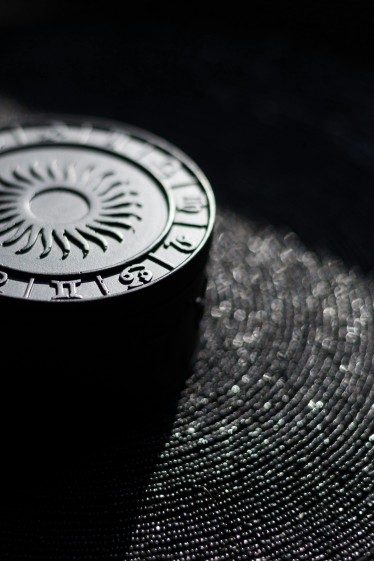The History of Astrology: From Ancient Roots to Modern Times

Astrology, the study of celestial movements and their influence on human life, has fascinated civilizations for millennia. Its origins trace back to ancient Mesopotamia, around 2,000 BCE, where stargazers observed the heavens to understand earthly events. This rich tradition evolved through diverse cultures, blending myth, symbolism, and scientific inquiry into the complex system we recognize today.
Early Beginnings in Mesopotamia
The earliest recorded astrological practices emerged in Mesopotamia. Babylonians meticulously tracked planetary movements, creating celestial omens to predict outcomes of wars, harvests, and the fates of rulers. They divided the sky into twelve segments, laying the groundwork for the zodiac signs we know today.
The Influence of Ancient Egypt
Astrology traveled to ancient Egypt, where it merged with local spiritual beliefs. The Egyptians developed the decans, a system of 36 star groups used to track time and predict seasonal changes. The alignment of stars with temple structures reflects their deep integration of astronomy and astrology.
Greek Contributions to Astrology
The Greeks elevated astrology to a philosophical discipline. Influential thinkers like Ptolemy wrote extensively on the subject, shaping the geocentric model of the universe. Ptolemy’s "Tetrabiblos" became a foundational text, systematizing astrological theory and linking it to the elements, planets, and human temperaments.
Medieval and Islamic Golden Age
During the medieval period, astrology flourished in the Islamic world. Scholars translated Greek and Roman texts, preserving and expanding astrological knowledge. Figures like Al-Biruni and Abu Ma’shar introduced innovations, bridging ancient wisdom with contemporary science.
Renaissance Revival
The Renaissance rekindled interest in astrology as intellectuals sought to harmonize it with emerging scientific discoveries. Astrologers were often mathematicians and astronomers, reflecting the intertwined nature of these fields. Figures such as Johannes Kepler, while critical of certain practices, contributed to its refinement.
Modern Astrology: From Science to Self-Discovery
In the 20th century, astrology transitioned into a tool for personal insight. Psychological astrology, popularized by figures like Carl Jung, emphasized archetypes and self-awareness. Today, millions turn to horoscopes for guidance, blending ancient wisdom with modern aspirations.
The history of astrology reveals its enduring appeal across cultures and epochs. From its origins in starlit Mesopotamian skies to its role in today’s self-reflective practices, astrology continues to inspire and intrigue, bridging the cosmic and the personal.